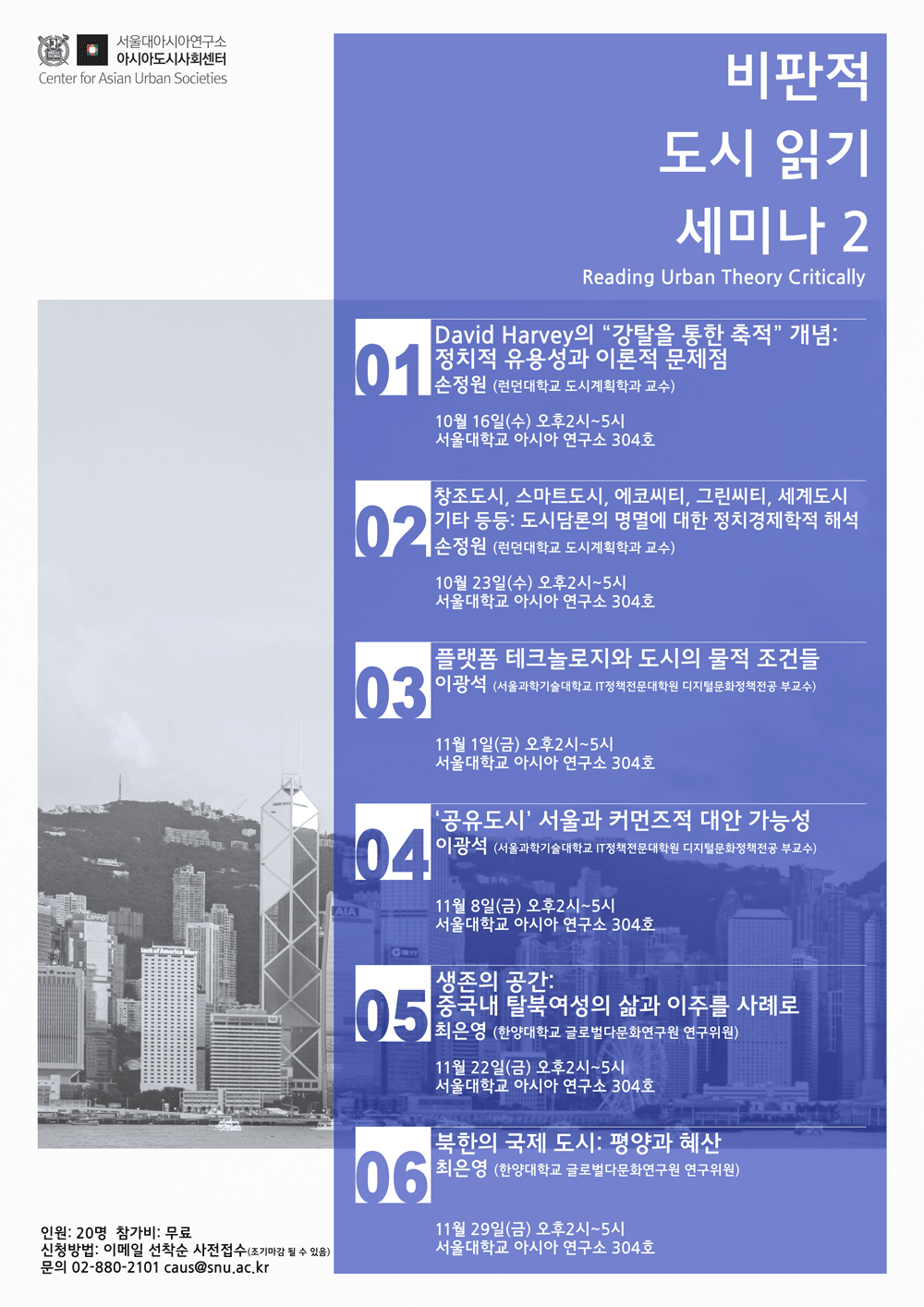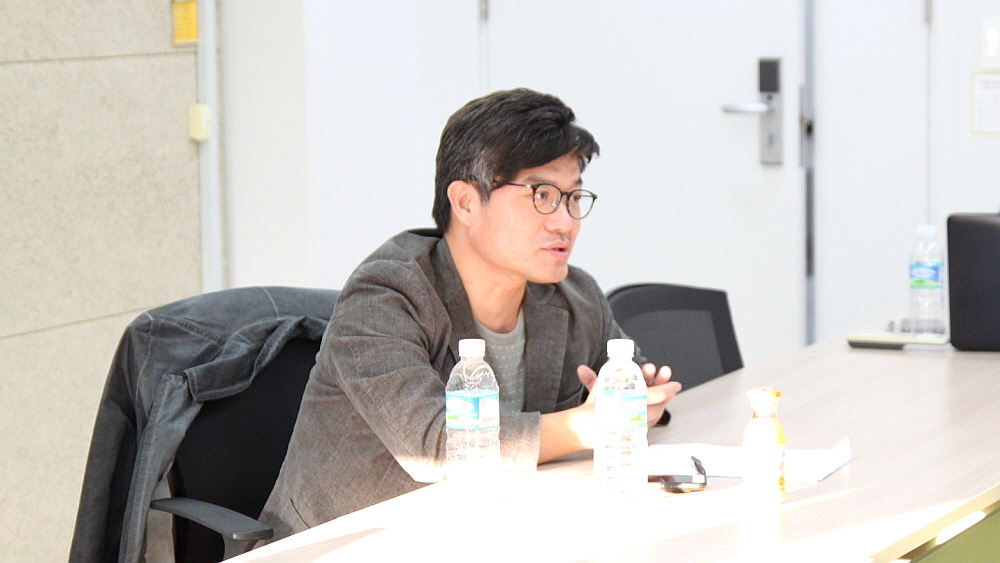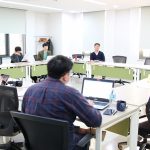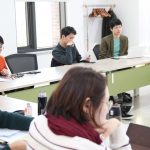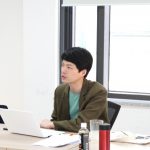Platform Technology and the Material Conditions of Cities
- Date: November 1st, Friday, 2019 14:00-17:00
- Location: Room 304, SNUAC (Bldg. 101)
Speaker: Kwang-Seok Lee (Professor, Dept. of Digital & Cultural Policy, Graduate School of Public Policy & Information Technology, Seoul National University of Science & Technology)
On November 11th, the second session of ‘Reading Urban Theory Critically 2’ was held at Room 304 of SNUAC. Prof. Kwang-Seok Lee (Seoul National University of Science & Technology) gave the third lecture of the seminar under the topic ‘Platform Technology and the Material Conditions of Cities’. Prof. Lee pointed out the problems of alienation and exploitation of labor that appear as platform capitalism and its technological conditions are formed and used, and argued for the strategic importance of cities for this matter. Also, he emphasized the importance of cities both as a place where the problems of platform labor are compressed and as a point of strategic movement to overcome such problems.
Platforms refer to places like terminals or marketplaces where certain commodities are supplied and are frequented by exchanges among people who need those commodities. Prof. Lee explained that ‘sharing’ platforms were conceived from this idea for the role of finding the demand of any commodity or service and effectively supplying, arranging, and mediating it and that it is a pressing task for a supportive or non-profit organization that proliferates the values of platforms’ commons-like strategies of symbiosis. Commons can be considered ‘shared resources, including the material (water, air, parks, forests, etc.) and immaterial (data, software, knowledge, etc.) resources. Its etymological origins are ‘together’ (com-) and ‘have duties’ (munis), which refer to a management system of material and immaterial resources maintained by members with a common duty.
Review & photos by DooWon Chang (Academic Reporter)

